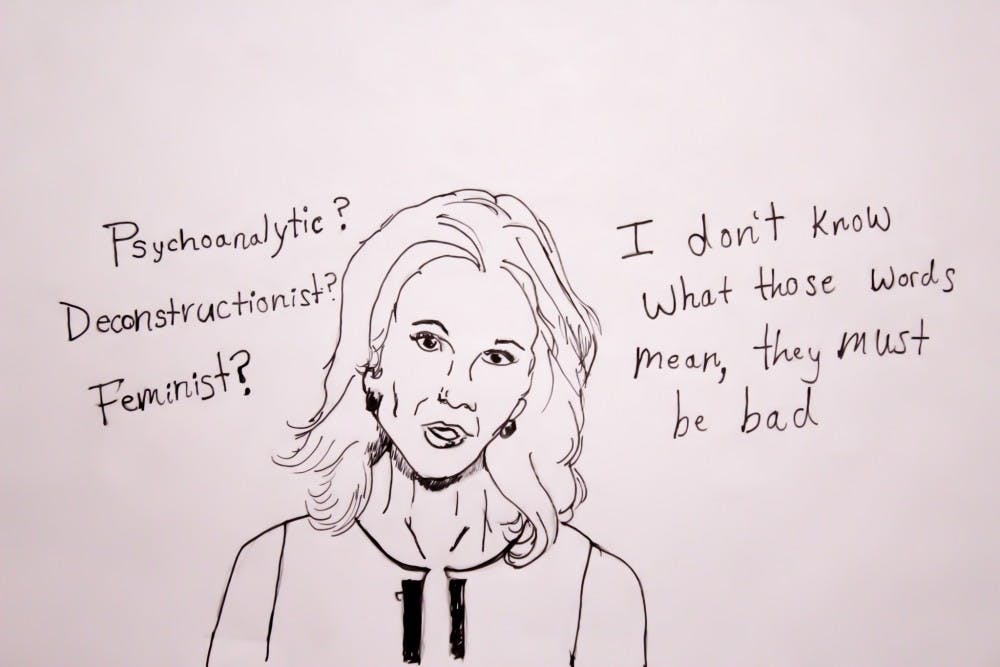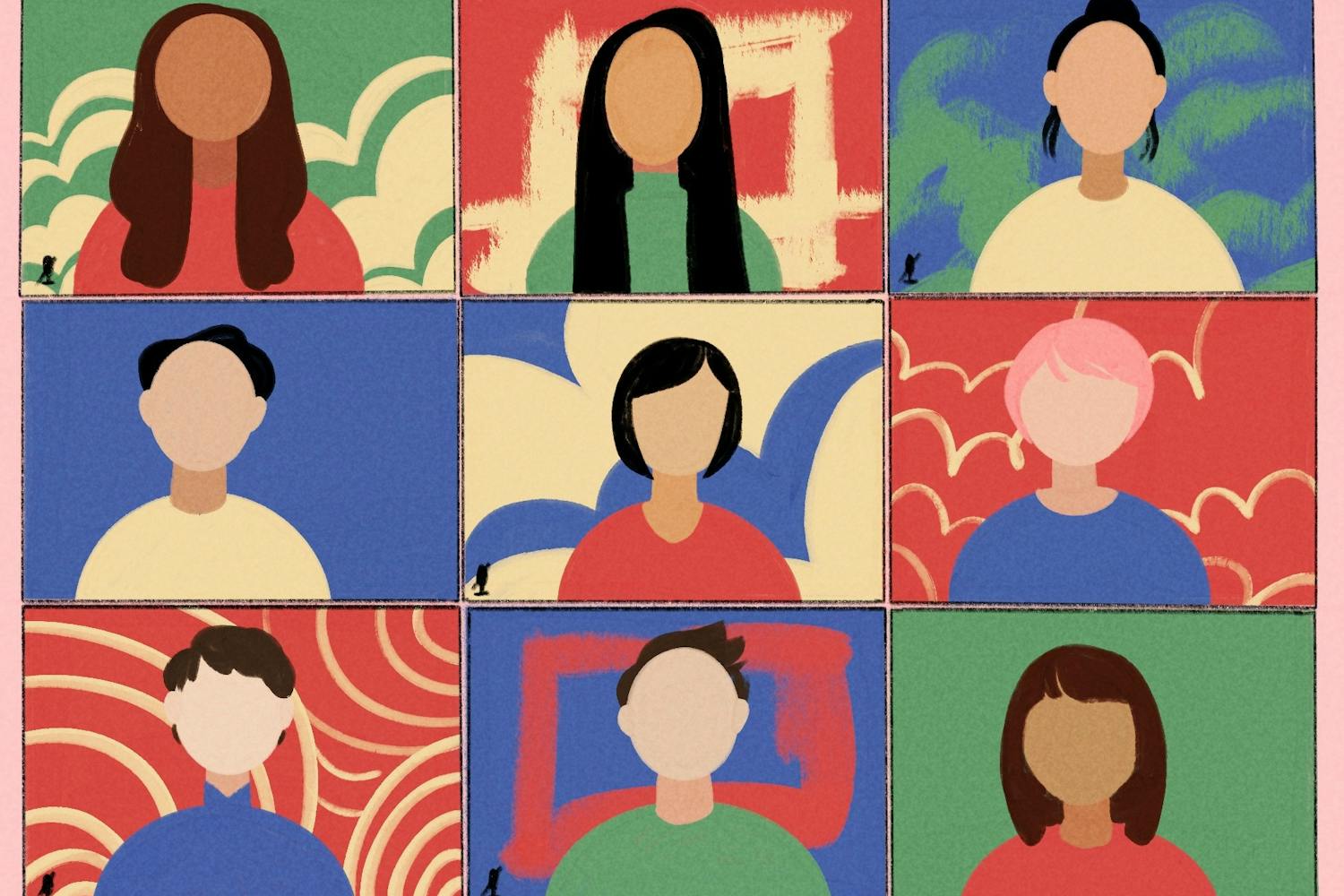Here at The State Press, the Editorial Board maintains the belief that courses should not come with a trigger warning. In fact, we’ve previously elaborated on our stance toward course trigger warnings, saying, “There are plenty of ways for college students to stay in their bubbles and plenty of places in which they can, but a college classroom shouldn’t be one of them. Instead, we come to school to learn, to challenge our beliefs and grow as people.”
ASU is home to many interesting courses that encourage departing our comfort zones and throwing ourselves into something that may make us feel uneasy or fuel a passion that we might not have realized we had before.
Having uncommon courses is one of the better things about our humble institution. Interested in gender roles in the Harry Potter series? We’ve got that. Wonder how The Beatles have revolutionized music? Look no further than the course catalog. We have topic courses ranging from “Sex and the City” to “Desperate Housewives” and all the way back to an examination of the works of Friedrich Nietzsche. As students, we recognize that these courses may seem a bit strange or off-putting — that’s what makes them so tempting.
Currently, one ASU course is making national news. The course — titled “U.S. Race Theory & the Problem of Whiteness” — has become a hot topic based on one thing: its title. The tides are rising dangerously and remarks are being made about the structure of the course and the subject it is tackling. There’s just one problem with all of these arguments — no one knows what exactly the course covers. With the unreleased syllabus, absence of statement from the English Department, which is hosting the course, and no remarks from the instructor Lee Bebout, it seems that the only thing that is offending the parties questioning the objectives of the course lies in the word choice of the course title.
Sure, the title says the word “whiteness.” But, as illuminated in a statement released by ASU, the course isn’t designed to damn people who identify as white. Rather, the course utilizes a combination of “literature and rhetoric” as a way to “look at how stories shape people's understandings and experiences of race,” and “empower students to confront the difficult and often thorny issues that surround us today and reach thoughtful conclusions rather than display gut reactions.”
While some (looking at you, Fox & Friends) may believe that words like “post-colonialist,” “psychoanalytic,” “deconstructionist,” and others are “a little wordy” or a “mouthful,” we consider them necessary critical theory terminology. There’s nothing wrong with a course that challenges your beliefs. On the contrary, that’s what college is for. As ASU said in its statement, “A university is an academic environment where we discuss and debate a wide array of viewpoints.”
“U.S. Race Theory & the Problem of Whiteness” sounds like a course that would make students think in a way that they might not have before; to question their own beliefs and identities. Seeing that people have reacted and questioned the issue of whiteness and history of race based on only a title, we’d like to believe that it would. Trigger warning: This course works.
Want to join the conversation? Send an email to opiniondesk.statepress@gmail.com. Keep letters under 300 words and be sure to include your university affiliation. Anonymity will not be granted.
Like The State Press on Facebook and follow @statepress on Twitter.





